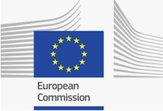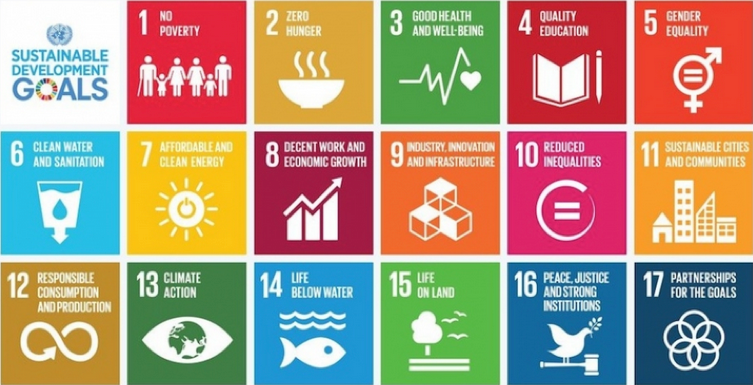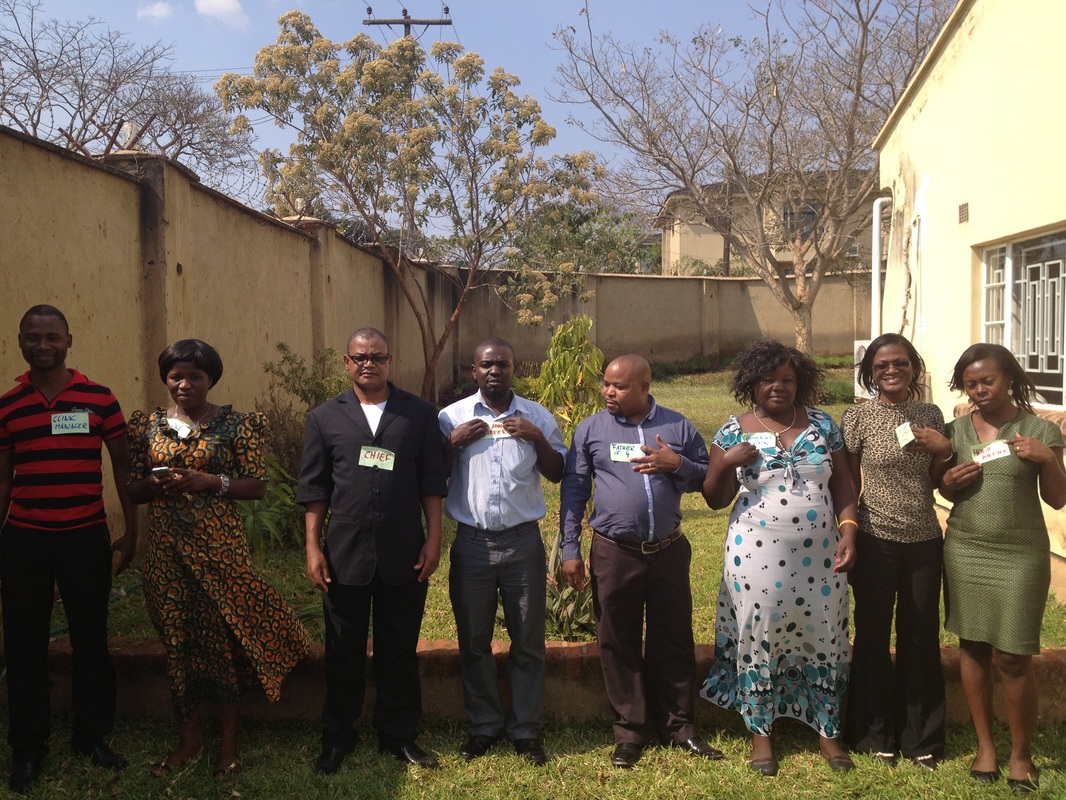Measuring social impact in Turkey's hazelnut value chain

Leading a small research and strategy team, Alice supported Ferrero, the chocolate producer and confectionary company, and GIZ, the German aid agency, in developing a comprehensive and high-quality MEL (monitoring, evaluation & learning) system in assessing the impact of social interventions managed by the Ferrero Farming Values Hazelnut programme in Turkey. Working closely with a variety of stakeholders, ranging from Ferrero staff to hazelnut farmers, workers and labour brokers, Alice conducted research with farmers and other stakeholders, trained staff, designed questionnaires and developed a MEL handbook.
Advising the European Commission in policy and programme development
Alice is currently engaged as a senior expert with the Health Advisory Services (HAS), a group which provides technical support on public health matters to DEVCO's Health Team and to EU Delegations. As part of this role Alice has been leading studies on multisectoral approaches to health & human development; polio eradication in the context of health systems strengthening; engagement of the EU with the African Union in health security and beyond; sexual and reproductive health and rights (SRHR); and health in the context of urbanization.
Leading evaluation of health programme in Sub-Saharan Africa
Alice led the independent review of Evidence for Action (E4A), a programme funded by DFID and the Bill and Melinda Gates Foundation which aimed to improve maternal and newborn survival in Ethiopia, Ghana, Malawi, Nigeria, Sierra Leone and Tanzania. The programme used a strategic combination of evidence, advocacy and accountability to generate political commitment and improve planning and decision-making at sub-national and national levels. E4A also worked to strengthen national, international and regional accountability. Besides evaluating specific aspects of the programme, Alice was responsible for methodology development, coordination with various partners and stakeholders, supervising her team's inputs and conducting a meta-analysis of evaluation products.
Mainstreaming gender in private sector development projectsOn behalf of the United Nations Industrial Development Organization (UNIDO) Alice has developed a Guide on Gender Mainstreaming in Business, Investment and Technology Services for Private Sector Development. The Guide addresses key thematic areas such as entrepreneurship, cluster development, CSR, innovation, investment and technology and provides a step by step approach for mainstreaming gender into development projects. It highlights case studies from around the world and contains a number of tools, including an indicator framework to facilitate results measuring.
Social impact assessment for a solar energy business in MadagascarIn partnership with endeva UG, Alice worked with a Berlin-based investor in developing a system to measure social impact of a solar energy business project in Madagascar. Taking a participatory approach, Alice led the development of an analytic framework, indicators and research tools and facilitated team capacity building on research methodology and protocols.
Facilitating public-private health partnerships in the mining sectorMining and other extractive companies can play an important role in social and economic development, particularly in low and middle income countries. In this context the Mining Health Initiative was commissioned by the UK Government, the World Bank's International Finance Corporation, AusAID and Rockefeller Foundation, to document good practice in health and development programming of mining companies and identify ways to leverage best practice for a greater public good. In 2012 and 2013, working with stakeholders from a number of different sectors and countries, Alice developed an analytic framework for the assessment of public-private partnerships led by mining companies in low-income countries. She conducted case studies on Rio Tinto's health programme in Madagascar and Newmont Mining Corporation's health programme in Ghana. Alice also facilitated consultations between public and private stakeholders in Ghana and Mozambique; and reviewed evidence and developed a lessons learned paper on mining health programming in Papua New Guinea. Using the evidence gathered by herself and others in similar contexts, Alice developed good practice guidelines for the mining industry and governments as well as other potential partners.
Managing multi-stakeholder projects in complex settingsAlice has managed a number of international multi-stakeholder projects and programmes in complex settings. This included project design, recruitment and management of staff, maintaining and managing budgets, as well as monitoring and evaluating outputs and outcomes. Moreover, she has helped large international consortia consisting of a mix of for-profit consultancy firms, research institutes and civil society to develop successful funding proposals. For example, she managed a consortium bidding for 55 million GBP in funding support to Nepal which involved mobilising and leading a team of individuals from very diverse backgrounds under great time pressure. Alice also led the technical writing of a successful consortium proposal bidding for health sector development in Northern Uganda, a region severely affected by violent conflict.
|
Reviewing innovative, inclusive & sustainable architecture

As part of an expert jury, Alice evaluated over 100 grant applications for the 2022 and 2023 New European Bauhaus Prize, focusing on sustainability, aesthetics and inclusion. The New European Bauhaus aims to impact people's daily lives, focusing on better living together in more beautiful, sustainable and inclusive places. It is about bridging global challenges with local solutions to achieve climate targets and support broader societal transformation.
Measuring performance and impact of the global Extinction Rebellion

Alice is providing leadership to the global team supporting the Extinction Rebellion (XR) movement to better understand its performance and impact. She has developed guidance and tools, including a Theory of Change, which help internal and external stakeholders understand the impact logic and understand the extent to which goals around commitments to reducing CO2 emissions, declaring a climate emergency and improving democratic processes are reached, and how.
Developing Access to Healthcare strategies for Pharma companies
Alice has worked with large pharma companies in tracking their performance in regard to market access, for example by supporting their submission to the Access to Medicines Index. Based on research, in-depth analysis and benchmarking, she helps companies in the pharmaceutical and medtech industry, as well as in other sectors, to develop strategies that facilitate access to healthcare in low- and middle-income settings. This also involves developing the business case and identifying business models that create shared value for both the company and society.
Analysing innovative business models in the health sector
In partnership with endeva, Alice conducted an analysis about how social businesses can achieve profitability and sustainability by addressing key health issues in developing countries. To this end she is developing analytic papers and company profiles for the World Bank. She looked at social franchises that work on improving women's health; sustainable business models that employ community health workers; and business approaches to ensuring poor women have access to female hygiene products, thus improving education and productivity.
Faciliating strategic advocacy in Malawi and Ethiopia
In partnership with the UK-based group Women and Children First, Alice has supported MaiKhanda Trust, an NGO working on maternal and neonatal health in Malawi, in developing its strategic advocacy capacity. Following a capacity and needs assessment, she provided training, facilitated a participatory strategy development exercise and supported the organisation in advocacy planning and tools development. She also provided similar support to Family Guidance Association of Ethiopia, a large Ethiopian NGO focusing on health and social issues since 1966.
Assessment for impact and value for moneyIn order to ensure success and value for money, thorough background and baseline assessments are necessary when setting up projects and programmes. This involves analysing stakeholders, identifying and assessing potential partners, understanding the socio-economic and historico-cultural environment, obtaining baseline information on key project parameters, etc. Once the project is up and running, monitoring is essential to see whether all elements are on track and to address those that are not. Thorough mid- and end point evaluations help funders, project managers and other stakeholders to assess whether an investment is worthwhile and to derive valuable lessons learned, enabling them to adapt current and future projects accordingly. Alice has conducted a number of such assessments and evaluations, ranging from stakeholder and partner assessments for large health projects in Asia and Africa and evaluating a trainee scheme for professionals working in humanitarian emergencies run by a group of UN agencies and NGOs, to evaluating a global multi-stakeholder campaign managed by the World Health Organization's Global Health Workforce Alliance, focusing on improving health workers' practice environments.
Assessing global development effectivenessThe effectiveness of aid provided by rich nations to poorer ones is a key issue that has received growing international attention in recent years. Alice have worked with a variety of institutions and initiatives aiming to improve development effectiveness. For example, she conducted research into accountability, alignment of aid with national budgets, civil society participation in aid processes and donor coordination in various countries. She also analysed aid and development policies of multilateral organisations as well as individual donor governments. Alice documented the evidence thus generated in easy-to-read reports which fed into both national and global processes to improve the international aid system, such as the OECD (Organization for Economic Co-operation and Development) High Level Forum on Aid Effectiveness. Last but not least, Alice managed data collation processes with governments and development partners in Asia and Africa on behalf of IHP+Results, a global exercise to monitor the effectiveness of health sector development cooperation in 25 countries in Africa, Asia and Latin America: Working in partnership with resultsLAB and hera consultants Alice managed the participation of recipient governments and development partners in Cambodia, the Gambia and Nepal in the 2012 and 2014 IHP+Results Monitoring Rounds.
Stakeholder engagement and participatory strategy developmentBesides developing market entry strategies for businesses, such as a technology start-up entering the domestic and international markets with post-production tools for 3D movies, Alice has developed a number of health advocacy strategies and plans. Her clients include a variety of organisations and projects, such as multi-million GBP projects funded by the UK government through DFID in Northern Nigeria, Uganda and Zambia. These projects support health sector development in the poorest regions of the world, aiming to improve access to, and supply of, quality health services, including through public-private partnerships. When developing advocacy and influencing strategies Alice takes a participatory approach. Together with the client's team she undertakes a thorough stakeholder analysis and assessment of the ‘political economy’ environment of a project or organisation. She then works with the team in identifying and selecting strategic partners and leads them in the development of joint strategies and plans for influencing government and other key decision-makers. She puts emphasis not only on overcoming technical barriers but, importantly, political obstacles as well. Developing strategies and implementing them successfully involves setting clear objectives, budget and timing; selecting appropriate targets; developing influencing strategies; formulating messages; and ensuring a solid monitoring and evaluation mechanism.
|


